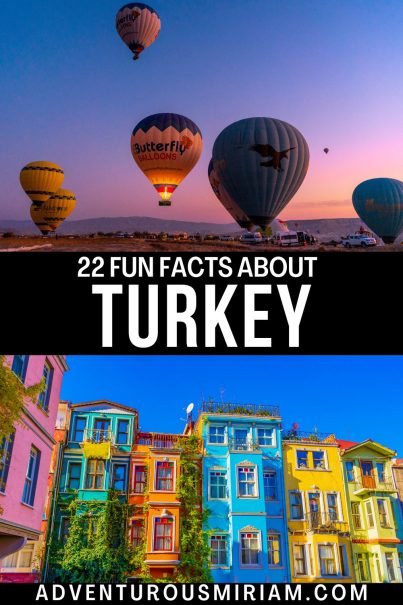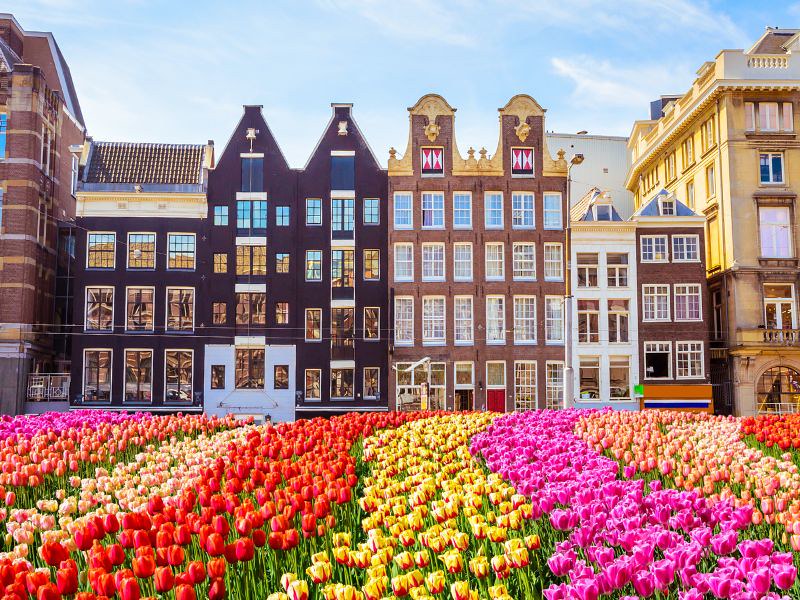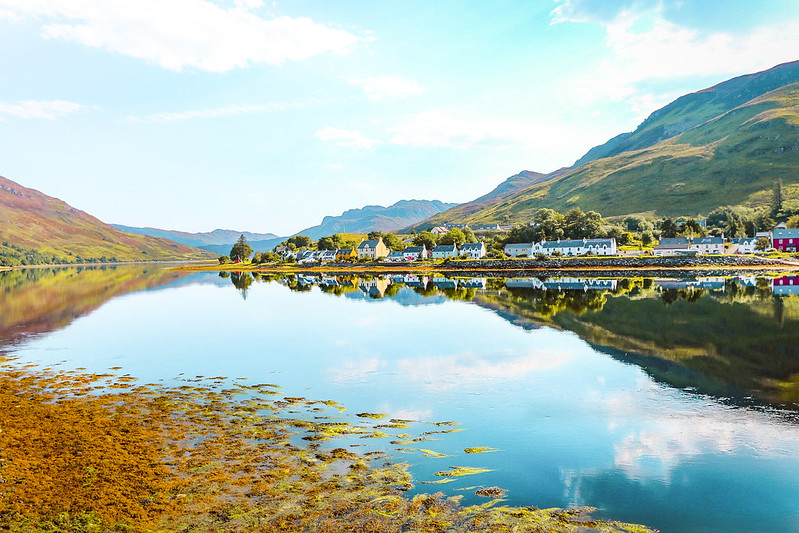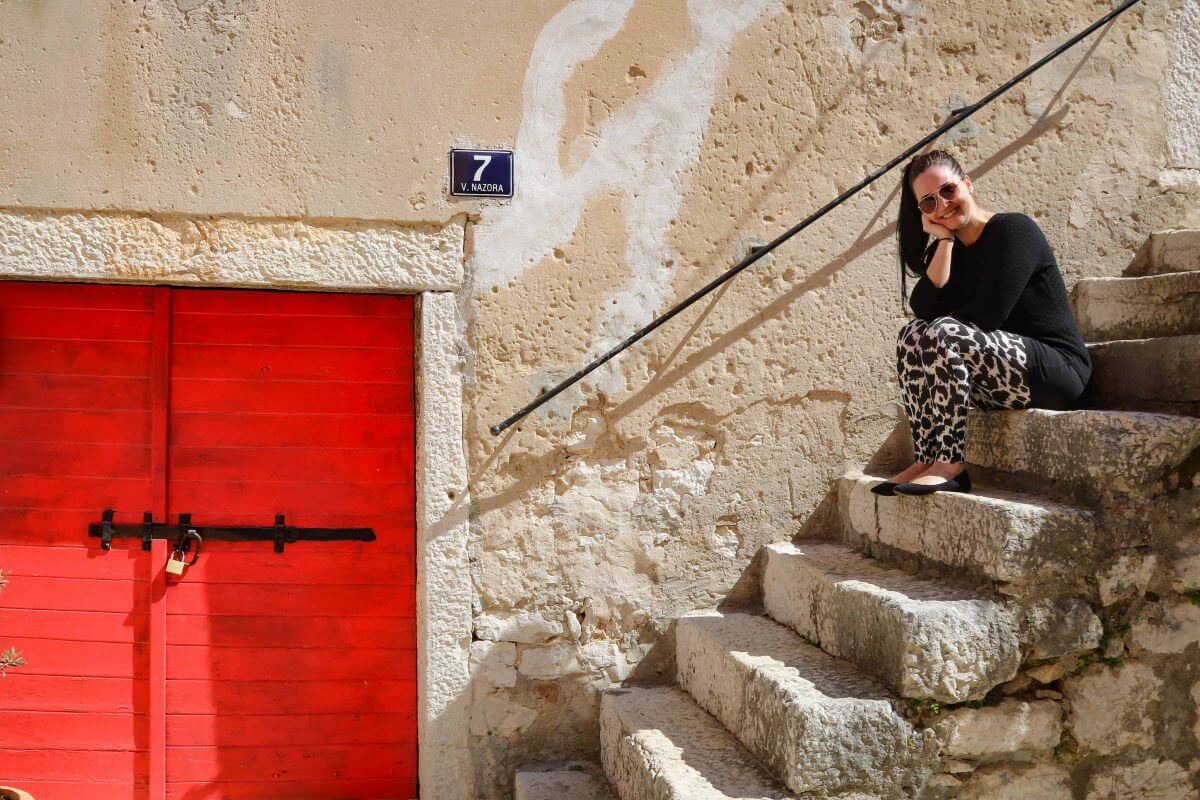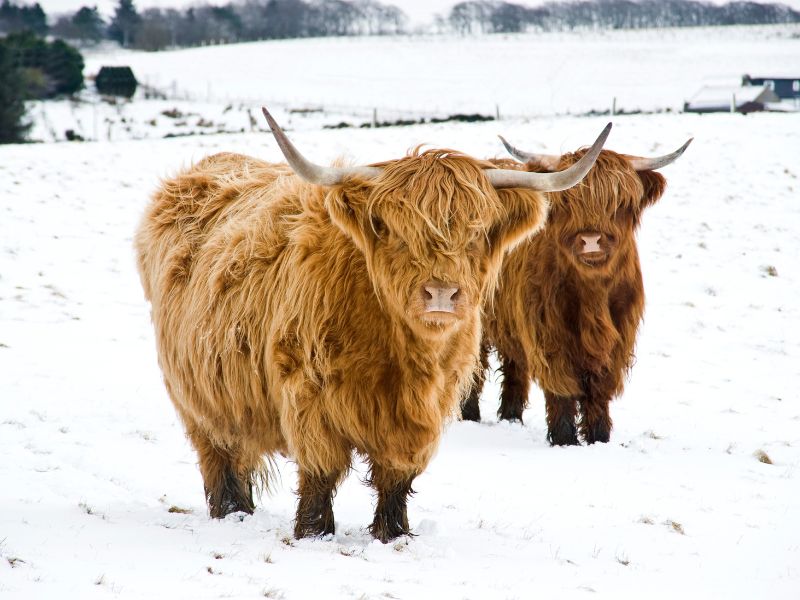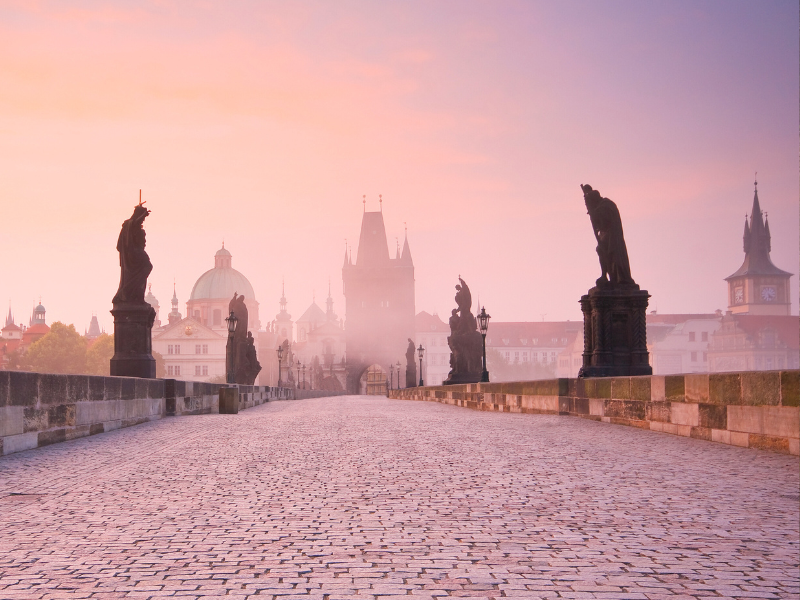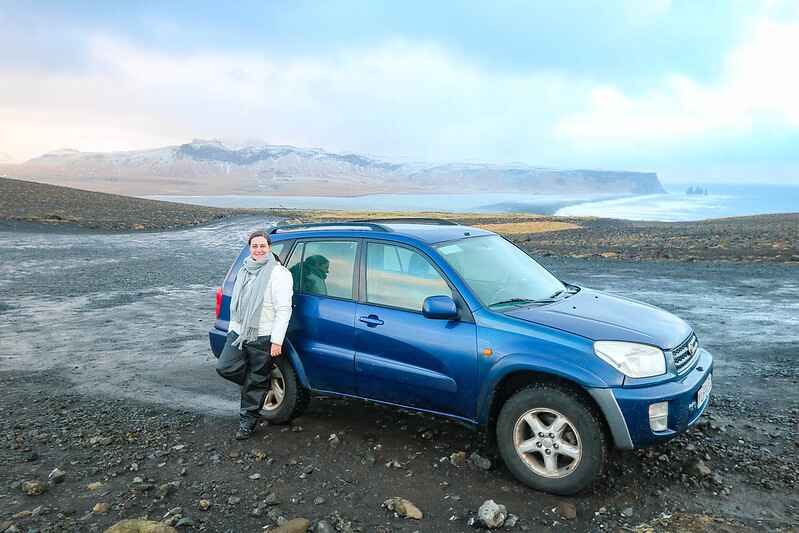22 interesting facts on Turkey (the country) you didn’t know
So, you want to know some interesting facts on Turkey? (the country, not the bird)
Facts are one of my favorite things to write about on this blog because it always makes me know the country better.
I’ve been writing a few of these posts and every time, I’m shocked by some of the facts!
Spoiler alert – the #1 fun fact about Turkey is that Santa Claus comes from Turkey. I bet you didn’t know that 😀
In this post, I’ll share some lesser-known facts about Turkey to give you a glimpse into what makes it unique. Because it really is.
Let’s dive in.
Interesting facts on Turkey
1. Istanbul lies between two continents
Did you know that Istanbul spans two continents?
You’ve got Europe on one side of the Bosporus Strait and Asia on the other. It’s pretty wild to think you can cross from one continent to another just by taking a short ferry ride.

2. Ephesus has one of the Seven Wonders of the ancient world
Ephesus is an ancient city in Turkey, and back in the day, it was famous for its Temple of Artemis.
This temple was one of the Seven Wonders of the Ancient World. Built around the 6th century BCE, it was a massive structure dedicated to the goddess Artemis.
Now, it’s mostly ruins, but you can still get a sense of how impressive it was.
3. The world’s oldest known temple (10,000 BC) is in Turkey
Another Turkish temple – the Göbekli Tepe in southeastern Turkey – dates back to 10,000 BC and it’s considered the world’s oldest temple site.
It’s way older than Stonehenge or the Egyptian pyramids.
It’s full of huge stone pillars carved with all sorts of intricate designs. Archaeologists are still trying to figure out all the secrets of this place, but it’s clear that the people who built it were pretty sophisticated.
4. The famous Trojan War happened in Turkey
The Trojan War is not just a story from a book; it actually went down in what’s now western Turkey.
The city of Troy, which is a real archaeological site near the Dardanelles, is the spot where all that legendary fighting between the Greeks and Trojans happened, like in Homer’s “Iliad.”
The war is thought to have taken place around the 12th or 13th century BCE, and today, you can visit the ruins and imagine the epic battles that were once fought there.
5. Noah’s Ark is believed to land on Mount Ararat
Mount Ararat is a massive mountain in Turkey that’s shrouded in mystery and legend.
Some people believe that it’s the resting site of Noah’s Ark, and recently, scientists have placed human activities here at the time of The Flood. (source).
Standing at about 5,137 meters (16,854 feet), it’s a stunning sight, whether you’re looking for arks or just into epic landscapes.
6. Turkey has 16 UNESCO World Heritage Sites
And when it comes to UNESCO World Heritage Sites, Turkey’s got a bunch – 16 to be exact.
These sites are like a highlight reel of Turkey’s long and varied history, from ancient ruins to mind-blowing architecture.
You’ve got places like the historic areas of Istanbul, the rock sites of Cappadocia, and the ancient city of Ephesus, each telling a story of civilizations that have come and gone over thousands of years.
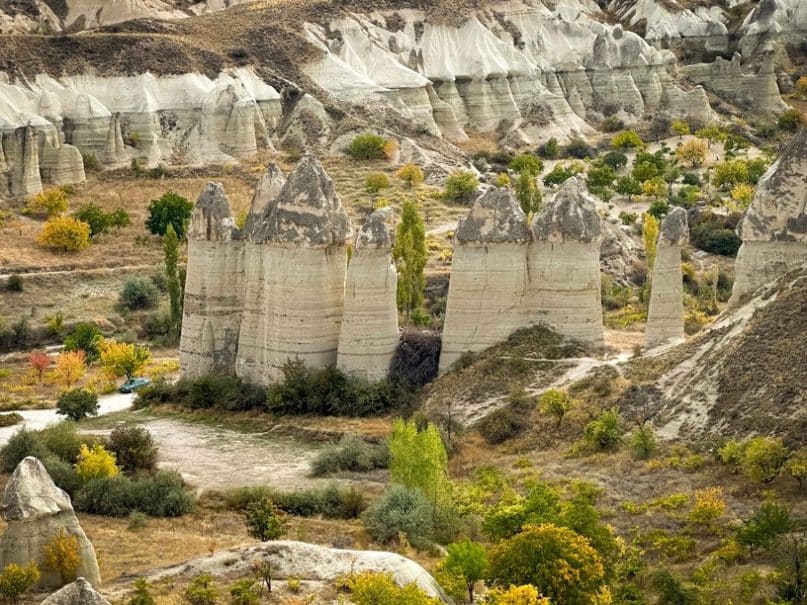
7. Istanbul was previously known as Byzantium and Constantinople
Istanbul has been around the block a few times with different names.
It started as Byzantium up until the year 330, then it got a name change to Constantinople when the Romans took over and decided to make it their eastern capital.
This place was the center of the Byzantine Empire for a thousand years until the Ottomans showed up in the 15th century and eventually turned it into Istanbul.

8. Santa Claus comes from Turkey
And now to my favorite fact:
The legend of Santa Claus can be traced back hundreds of years to a monk named St. Nicholas.
Nicholas was born in the 4th century to wealthy parents and later became a Christian saint and the Greek bishop of Myra.
After his parents died, he inherited their wealth and chose to give it away to the poor. He’s known for putting gold coins in the homes of the needy, possibly down chimneys, and giving fruit to children.
His acts of charity became well-known across Europe, influencing various cultural legends.
9. The Grand Bazaar in Istanbul is one of the world’s largest and oldest covered markets
The Grand Bazaar in Istanbul is a massive indoor market that’s been around since the 1400s.
It’s one of the oldest and biggest covered markets on the planet, with 61 streets and over 4,000 shops.
You can buy pretty much anything there, and it’s been a shopping hotspot for locals and tourists for over half a millennium.
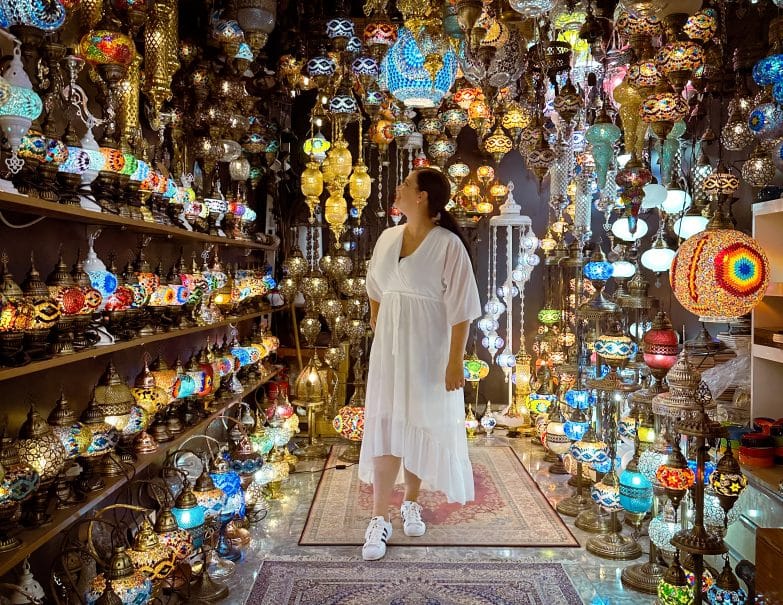
10. Turkey introduced tulips to the Netherlands
So, those pretty tulips that everyone associates with the Dutch? They actually came from Turkey.
The Turks had been growing them since like forever, and then they introduced them to the Netherlands in the 1500s.
The Dutch went nuts over these flowers in the 1600s, and that’s when tulip mania hit, making tulips more valuable than some houses!
11. The first-ever Christian church was built in Antioch, Turkey
And here’s a fun fact for history buffs: the very first Christian church was built in Antioch, which is now called Antakya in Turkey.
This was way back in the 1st century A.D. It’s important because that’s where the term “Christian” was first used to describe the followers of Jesus.
So, Antioch is a significant place if you’re into early Christian history.
12. Istanbul’s Hagia Sophia has been a church, mosque, and now a museum
The Hagia Sophia in Istanbul has been around for centuries – since 537 AD, to be exact.
It was built as a Greek Orthodox cathedral and then converted to a mosque. Now, it’s showing off its historical layers as a museum.
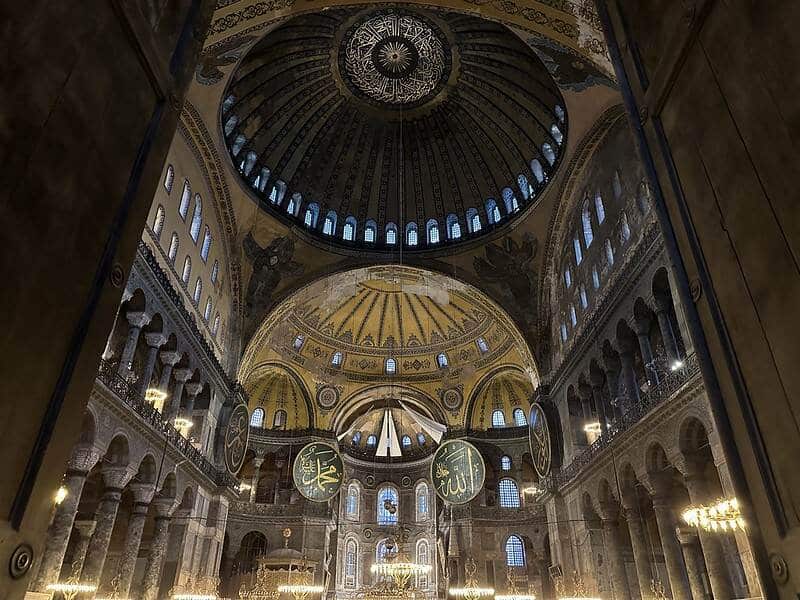
13. Turkey is one of the world’s biggest producers of cherries, figs, and apricots
Turkey’s not just about impressive old buildings, though.
It’s also a heavyweight in the fruit department, especially with cherries, figs, and apricots.
If you’re munching on dried apricots, there’s a good chance they were grown in Turkey, because the country is one of the top producers of these fruits.
14. Turkey is responsible for 75% of the world’s hazelnut exports
And for the hazelnut fans out there, Turkey is basically the king.
If you’re into anything with hazelnuts in it, like that delicious chocolate spread, Nutella, you’re probably enjoying the fruits of Turkey’s labor.
The country is responsible for a whopping 75% of the world’s hazelnut exports, which is pretty nuts when you think about it.
15. Türkiye has a city named Batman
That’s right, there’s a city called Batman in Turkey, and no, it has nothing to do with the caped crusader.
It’s in the Southeastern Anatolia Region and has become a point of interest simply because of its name, which actually has origins related to the unit of measure used for oil, rather than the Dark Knight.
16. The first coins were used in Turkey
Way before paper money and credit cards, the first-ever coins were used in Turkey.
This monetary revolution began in the 7th century BC with the Kingdom of Lydia, which is in the area now known as western Turkey.
They were the first to take precious metal and turn it into standardized coins for trade.
17. The Tünel in Istanbul is the world’s second-oldest subterranean urban rail line
If you’re into vintage public transport, Istanbul’s got something cool – the Tünel.
This subterranean urban rail line is the second oldest in the world, having opened in 1875, and it’s still running.
Only London’s Underground is older, which makes the Tünel a pretty special ride.
18. Turkey’s national sport is oil wrestling
Turkey’s national sport isn’t soccer or basketball; it’s oil wrestling – Yağlı Güreş.
This isn’t your average wrestling match; the wrestlers, known as pehlivan, douse themselves in olive oil, making it a slippery and strategic sport.
It’s an ancient tradition dating back to at least the 14th century, and it’s still going strong with annual tournaments that are a big deal in Turkey.
19. The Silk Road once ran through Turkey
The Silk Road wasn’t just a single path but a network of trade routes, and Turkey was smack in the middle of it all.
This ancient road connected the East and West, and it was crucial for moving not just silk but all sorts of goods, as well as ideas and cultures.
It’s a big part of why Turkey has such a rich and diverse history.
20. The first known human settlement, Çatalhöyük, dates back to 7500 BC in Turkey
And speaking of history, Turkey is home to the oldest settlements ever found.
Çatalhöyük dates back to 7500 BC and is one of the first examples of a human settlement that looks like a city.
It’s a gold mine for archaeologists trying to figure out how our ancestors lived when they first started building communities.
21. There are more than 82,000 mosques in Turkey
Turkey has over 82,000 mosques, and in Istanbul alone, there are around 3,000, including the historic Hagia Sophia, which has served as both a church and a mosque. The Blue Mosque is another well-known mosque, famous for its six minarets and blue tiles.
Read next: 12 most famous mosques in Istanbul
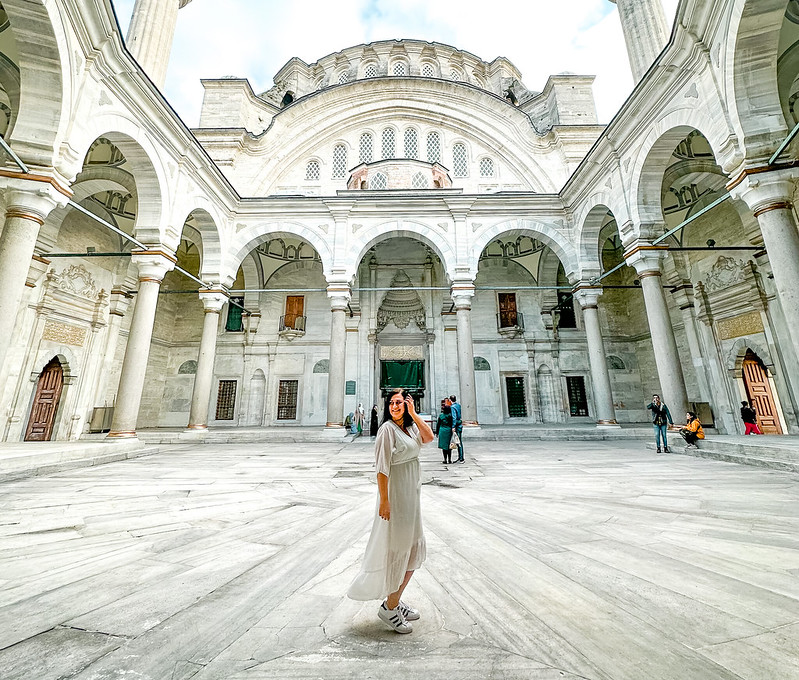
22. The “Evil Eye” is a popular souvenir
The “Evil Eye” is a popular souvenir from Turkey, that is believed to protect you from bad luck. Its history goes back to ancient Mediterranean and Anatolian times.
You’ll see it everywhere from homes and shops to hanging on people as jewelry.
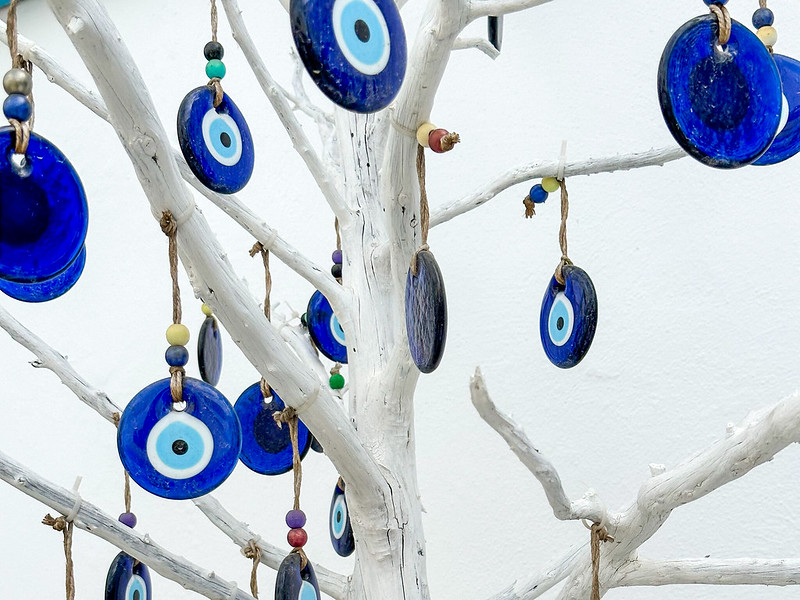
FAQ – Facts about Turkey
What are 5 interesting facts about the country Turkey?
5 Interesting facts about the country Turkey:
- Istanbul straddles two continents: Europe and Asia.
- The Grand Bazaar in Istanbul is one of the largest and oldest covered markets in the world.
- Turkey introduced tulips to the Netherlands in the 16th century.
- The ancient city of Troy was located in modern-day Turkey.
- Turkey is home to two of the Seven Wonders of the Ancient World: the Temple of Artemis and the Mausoleum at Halicarnassus.
What is the country Turkey known for?
Turkey is known for its rich history, cultural heritage, and landmarks like Hagia Sophia and Cappadocia. It’s also famous for its cuisine, including dishes like kebabs, baklava, and Turkish delight.
Why is the country Turkey important?
Turkey is important due to its strategic location bridging Europe and Asia, its role in historical trade routes like the Silk Road, its influence on early Christianity and the spread of Islam, and its geopolitical significance in contemporary international affairs.
More posts you might like
- 10 things to do in Bodrum
- The perfect 2-day Cappadocia itinerary
- How to visit beautiful Salda Lake – the Turkish Maldives
- One day in Pamukkale thermal pools is all you need
- 23 authentic souvenirs from Turkey
Save it!
